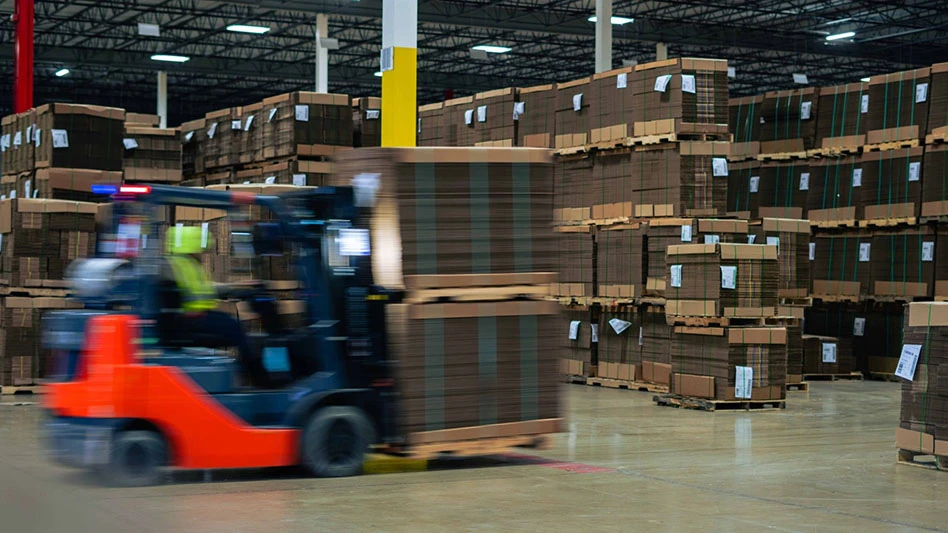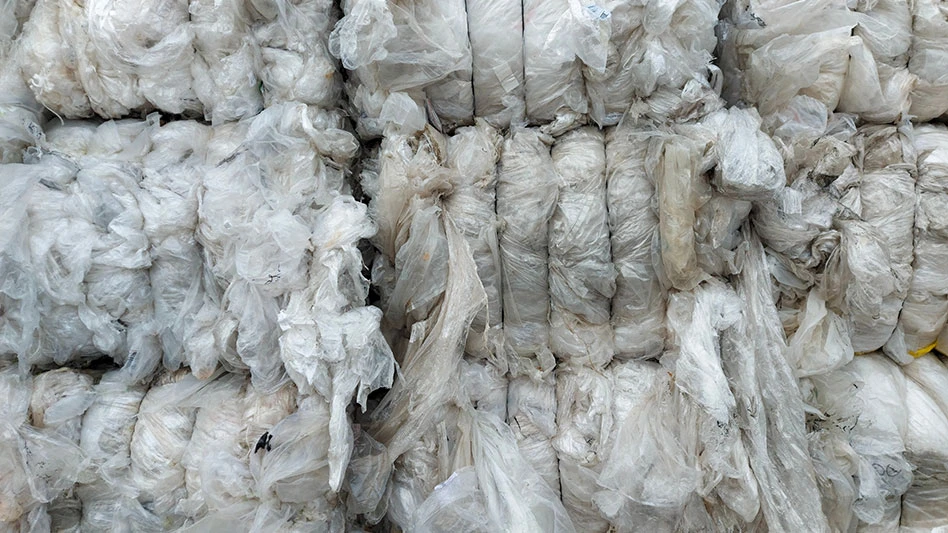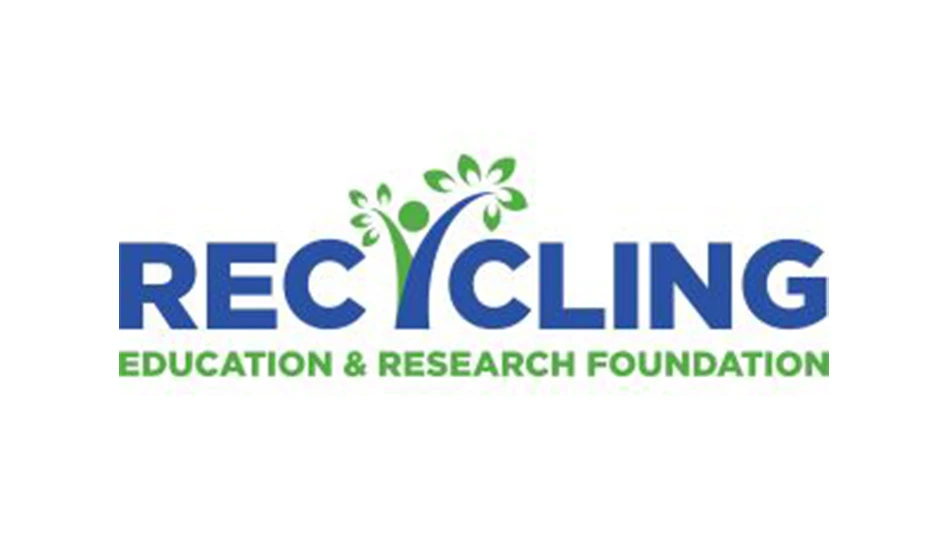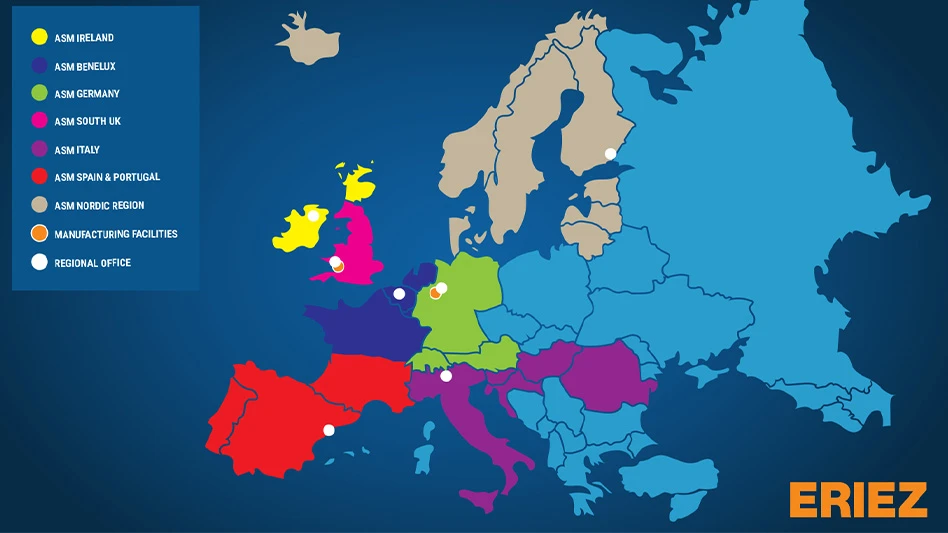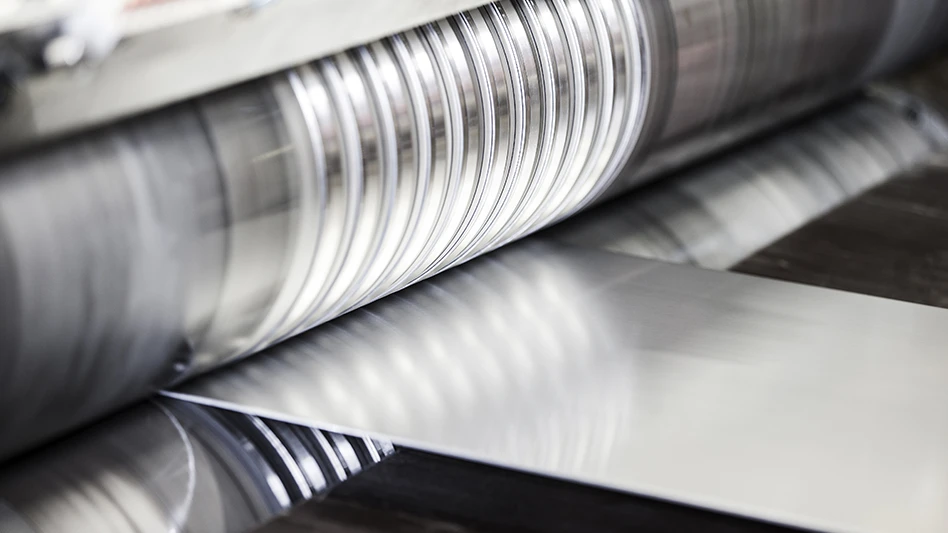International Paper has begun an arrangement whereby the Maryland-based company Fiberight will convert the unusable fiber generated at IP’s Cedar River, Iowa, recycled paperboard mill into ethanol. IP estimates that the mill, which produces around one million tons of recycled paperboard a year, generates around 50,000 tons of residual fiber waste each year in the process.
 The program began in early May. The project shifts the paper company’s approach to disposing of its residual material. Previous to the arrangement with Fiberight, IP shipped the material to companies for use for land applications at a cost to International Paper.
The program began in early May. The project shifts the paper company’s approach to disposing of its residual material. Previous to the arrangement with Fiberight, IP shipped the material to companies for use for land applications at a cost to International Paper."When Fiberight approached us in late 2008 with their idea for using our residual fiber to process renewable energy, we saw this as a potential win-win for both companies," says Tom Olstad, operations manager at IP's Cedar River mill. "As one of the largest recycled paper mills in the world, recycling and reusing raw materials is a big part of how we operate. Through Fiberight's new facility, we can now be assured that whatever recycled fiber can't be made into new packaging can be used to create green energy, while helping us offset our disposal costs."
In addition to producing the ethanol, Fiberight will be introducing organic pulps made from residential trash to the plant. The company has spent the last six years designing processes to separate this organic pulp from everyday waste, creating more recyclables and energy from other parts of the waste stream along the way.
Fiberight plans on spending about $25 million to convert the Blairstown, Iowa, plant. The company anticipates producing up to 6 million gallons a year of renewable cellulosic ethanol when the plant reaches capacity next year.
Latest from Recycling Today
- CalRecycle opens comment period on proposed SB 54 revisions
- 2026 Circular Steel Summit: Taking stock of tariffs
- CDRA Conference & Tradeshow 2026: Addressing battery fire risks
- Darda equipment now available in North America
- Struktol's ZB 47 and ZB 49 improve processability in rubber compounds
- Volatility wave hits copper pricing
- ArcelorMittal legal battle with Italy continues
- Altor program boosts EPS recycling
